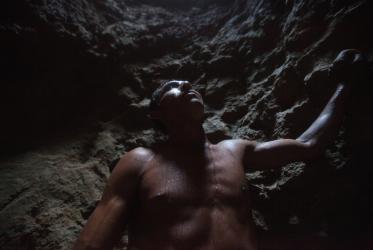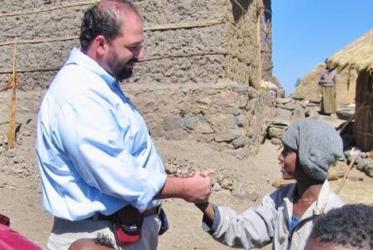Displaying 1 - 20 of 45
Groundwater: a hidden treasure we need to protect, say EWN members
28 February 2022
Unity is key when health crisis poses new challenges in Asia
28 February 2022
WCC represented at G20 Interfaith forum in Tokyo
13 June 2019
Faith and HIV treatment go hand in hand
06 March 2019













